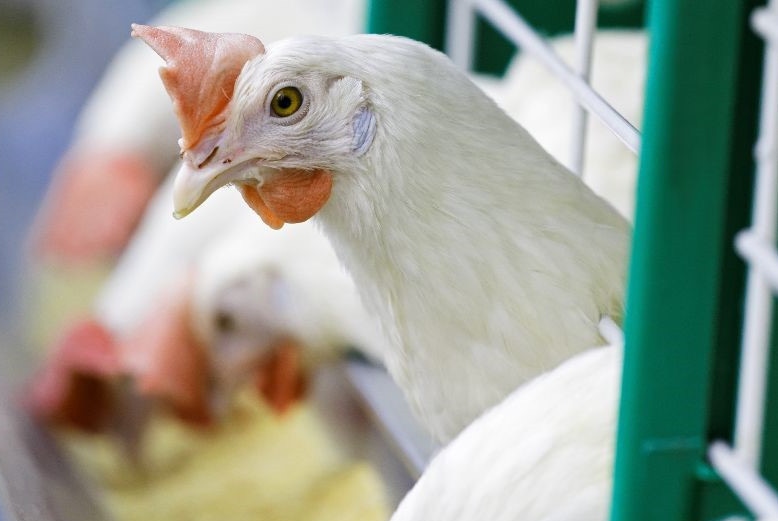Probiotic strain may help compensate for reduced-energy diets
Probiotic may lower feed cost while maintaining laying performance and egg quality.
June 26, 2020

A study published in Poultry Science shows positive effects of the probiotic strain Pediococcus acidilactici CNCM I-4622 (MA 18/5M) on dietary energy utilization in laying hens, according to an announcement from Lallemand Animal Nutrition, which markets the probiotic strain.
The study indicated that the probiotic was able to compensate for the effect of a 100 kcal metabolizable energy (ME) per kilogram of feed energy dilution on the laying performance, the company noted.
The study authors suggested that the probiotic supplement exerts a positive influence on dietary energy utilization, therefore increasing the feed efficiency in laying hens.
According to Lallemand, these new findings bring egg producers and nutritionists a new tool to manage production costs, as energy is a major driver of feed costs in poultry production. The report concluded that P. acidilactici supplementation on a reduced-energy diet can be a viable strategy for lowering the feed cost while maintaining laying performance and egg quality, the company said.
The study was conducted at Olzstyn University in Poland in order to determine the effect of the probiotic supplementation for diets with different energy levels on the productive performance of laying hens. As a model, 100 kcal of ME per kilogram of feed energy density reduction was tested. The experimental diets were formulated to contain 2,550 and 2,650 kcal/kg ME of feed, respectively, and equal amounts of amino acids and minerals, Lallemand said.
The trial involved 200 Hy Line Brown hens at 31 weeks of age and lasted for 16 weeks.
Despite a 100 kcal/kg ME of feed difference, both groups displayed a similar laying rate, equivalent feed conversion rate and exported egg mass, the announcement said.
In addition, eggs from the probiotic and reduced-energy diet group showed similar eggshell thickness than eggs from the control and standard energy diet, the company said, which suggests that the probiotic supplementation is able to somehow compensate for the effect of the energy dilution (-100 kcal/kg ME of feed) on laying hens' production performance.
You May Also Like



